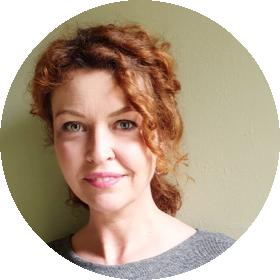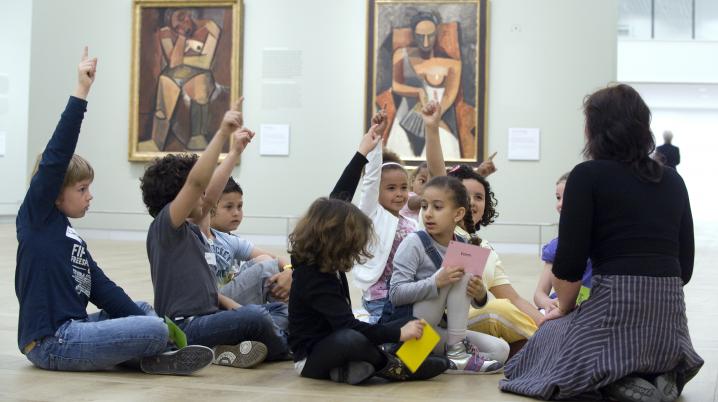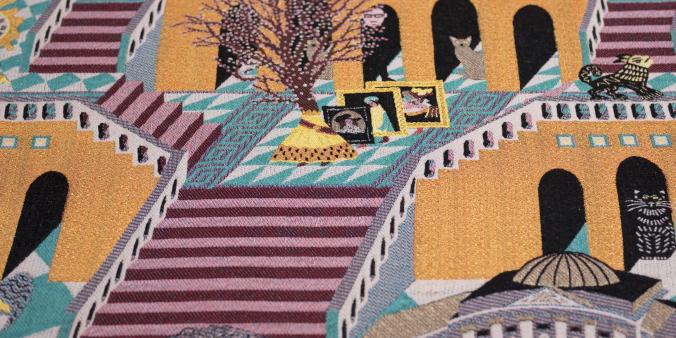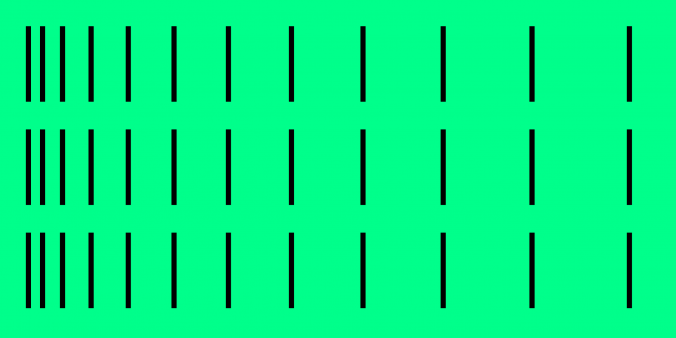
Why would a Russian museum director have any interest in Dutch post-colonial history? What could a Dutch museum director learn from experiences with historic research by a museum in Yekaterinburg? And how can a contemporary art initiative in the Frisian city of Leeuwarden be relevant to programme makers of Moscow’s Polytechnic Museum?
It turns out that the participants of the third Dutch-Russian museum conference Sustainable Dialogues have more interests in common than might seem at first. The conference took place online on October 4-6, organised by DutchCulture in cooperation with the Dutch embassy in Moscow and the Dutch Consulate General in Saint Petersburg, together with partners of ICOM Russia and ICOM Netherlands.
Although COVID and complicated bilateral relations have resulted in a decrease of loans between Russian and Dutch museums, knowledge exchange and sharing best practices remain a vital part of the intercultural dialogue among the industry professionals, and transcends the political situation. This is a conclusion that can be drawn from the conference.
Thematic sessions were planned to include the most important debates in the museum world in both countries and internationally. For example, the session Presenting Histories; from contested to connected, led by Dutch Russia expert Sjeng Scheijen, addressed the emotionally charged topic of dealing with contested histories. Both Russia and the Netherlands are dealing with difficult issues in their past, notably the dark colonial and slavery pages of the seventeenth century in the Netherlands and the history of repression during Russia’s Stalinist era. The questions raised by these debates are similar for museum professionals in both countries. “A museum is never neutral,” said artistic director of the Amsterdam Museum, Margriet Schavemaker; and “Museums are always vulnerable in society,” according to moderator Sjeng Scheijen. These two statements fairly well capture the essence of this thematic session.
Community building in times of corona was another – and obvious - theme, during a session led by independent educator and outreach specialist Irina Leifer. The participants shared their experiences of coping with the greatest challenge posed by the last two years. After the initial shock and survival mode, museums had to draw on their own creativity and professionalism to remain relevant and valuable to the public, mostly through online strategies. Solutions ranged from creating paid educational content (e.g. by het the Drents Museum) to inviting an international network of top artists to create new digital content (e.g. by the Pushkin Museum). The State Hermitage Museum in Saint Petersburg continued building cultural bridges nationally and internationally, through the renowned cooperation with Hermitage Amsterdam. Virtually all museums were strengthened in their determination to continue creating a more inclusive, diverse and polyphonic museum environment and tackling the issues in today’s societies.
“How can we become good ancestors?” This profound question, raised by philosopher Roman Krznaric and repeated at the conference by Sjoerd Bootsma, artistic leader of the Arcadia Triennial, resonated very well with the theme of the third session. Led by Jasper Visser of Stichting 2030, this session addressed the role of museums in strengthening public awareness of environmental issues and sustainability. And the question seemed to be answered partly in the expert meeting on museums as cultural entrepreneurs, led by expert on cultural leadership Johan Kolsteeg: by staying strong, thinking in terms of possibilities, and by optimising our networks, regardless of the circumstances.
After all, as Diederik van Böninghausen, chairman of ICOM Netherlands reminded the participants: “Your fellow museum is just a telephone call away.” All in all, Sustainable Dialogues 2021 vividly demonstrated that if we bring together established and younger generations of museum professionals and facilitate communication, share and think together, a better future is possible.
Would you like to receive more information regarding opportunities for cultural exchange with Russia? Feel free to contact our Russia advisor Tijana Stepanovic with your questions. She can inform you about the latest developments in the country, relevant contacts and cultural venues. Or visit our country page Russia.




